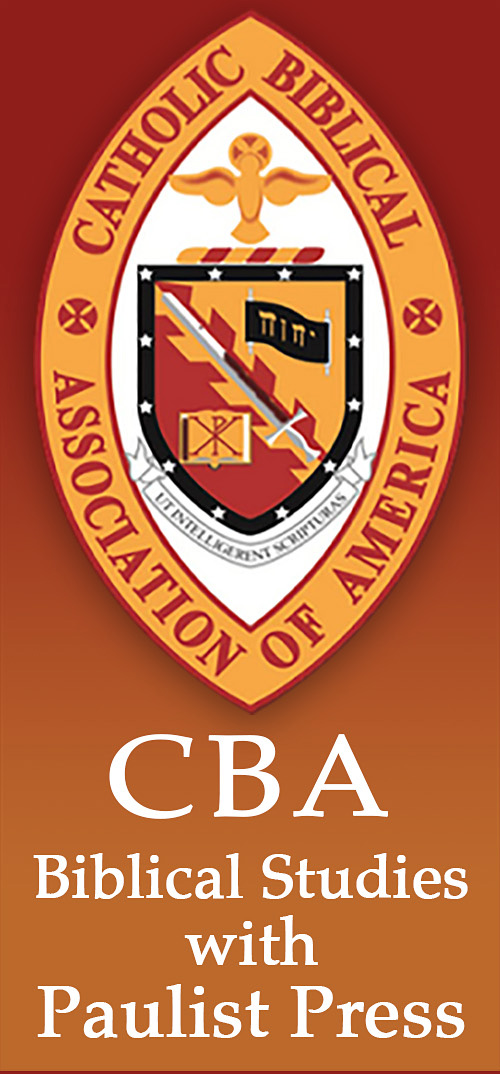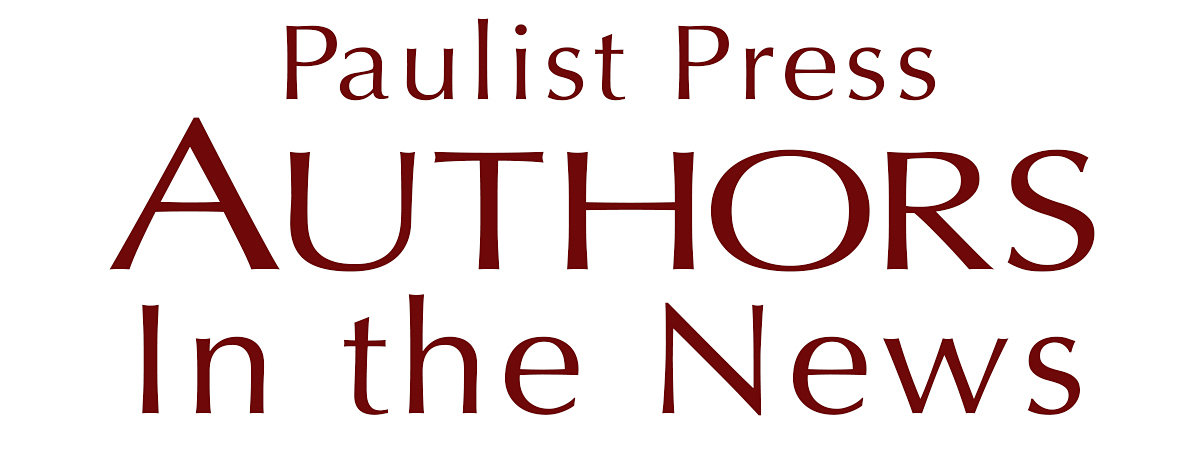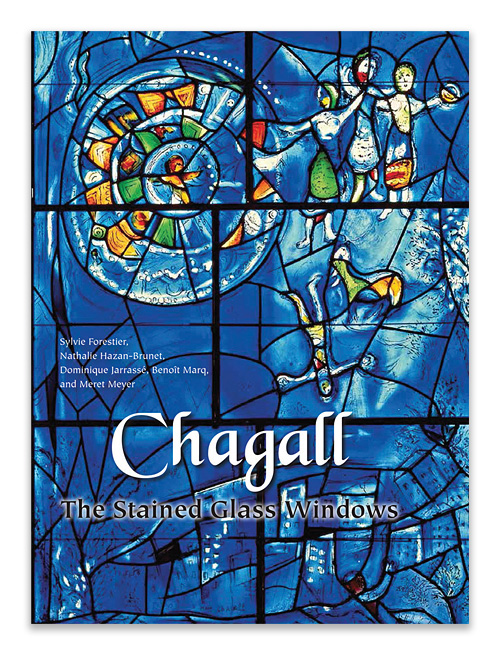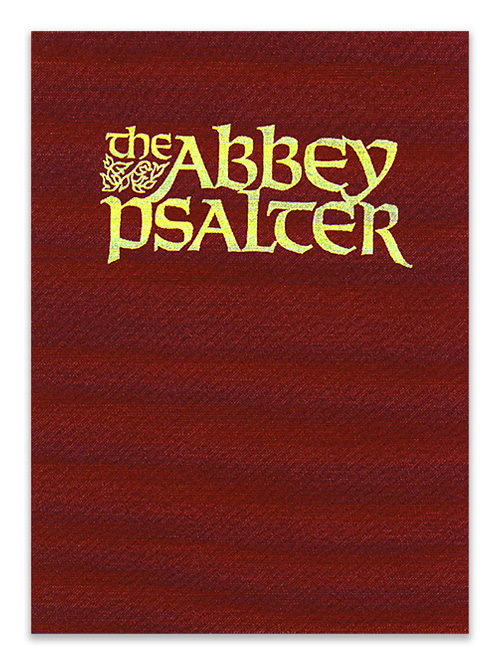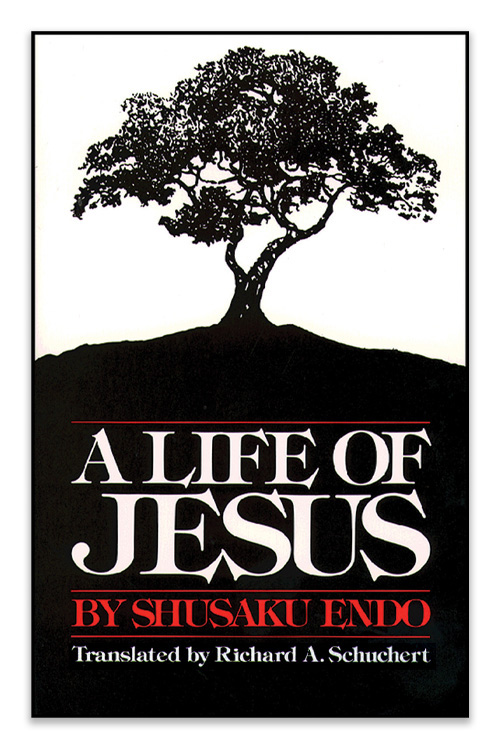Book Categories
-
ORDO - Print Version
-
ORDO - eBook Version
-
ORDO - Mobile App
-
Classics of
Western Spirituality -
Ancient Christian Writers
-
Bible
-
Children
-
Ethics & Social Issues
-
Faith & Culture
-
Faith Formation
-
History
-
Liturgy & Worship
-
Pastoral Ministry
- Canon Law
- Catechist Formation
- Community Formation
- Evangelization
- Homiletics/Preaching
- Leadership Training & Planning
- Multicultural Ministry
- Pastoral Care
- Pastoral Counseling
- Professional Ministry Resources
- Spiritual Direction
- Theology of Ministry
- Youth and Young Adult Ministry
- Reconciliation Ministry
-
Personal Growth
-
Philosophy
-
Sacraments
-
Sacramental Preparation
-
Spirituality
-
Theology
-
World Religions
- Paulist Press
- About Our Company
- Ordering
- My Account
- Returns Policy
- Our Website
- Privacy Policy
- Terms & Conditions

